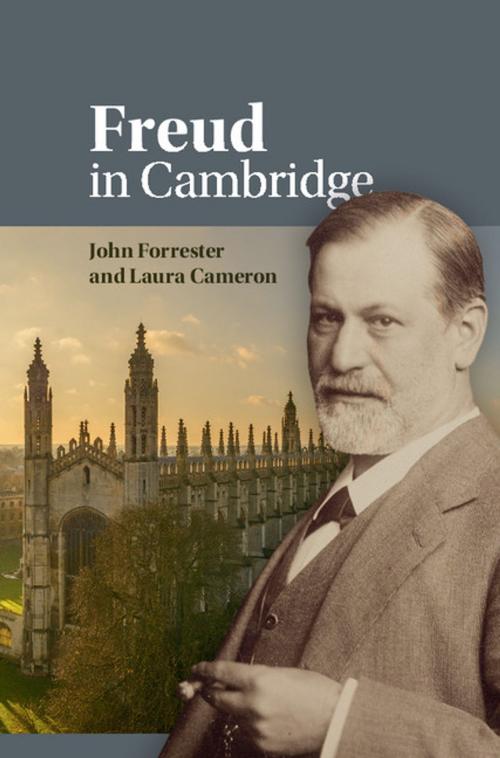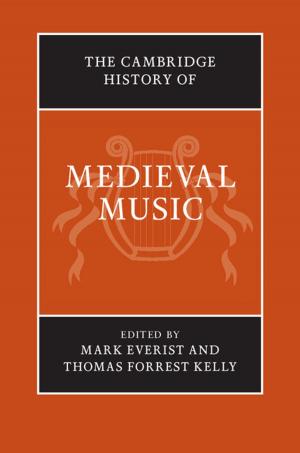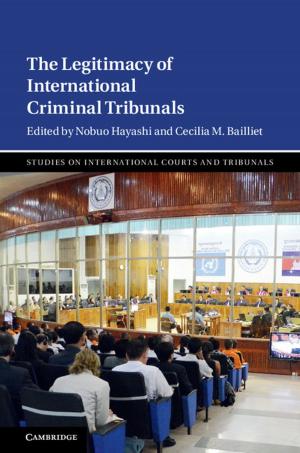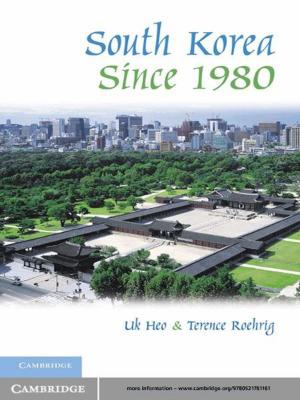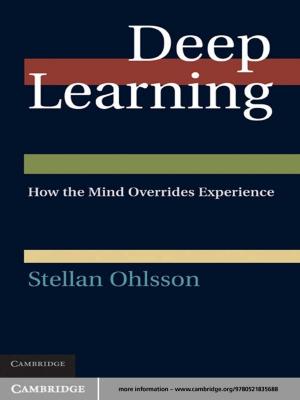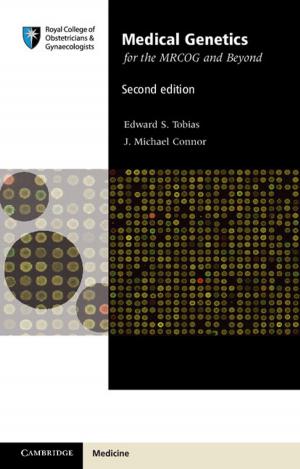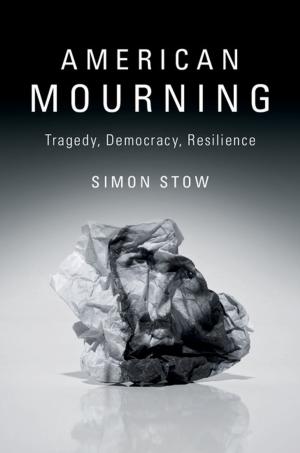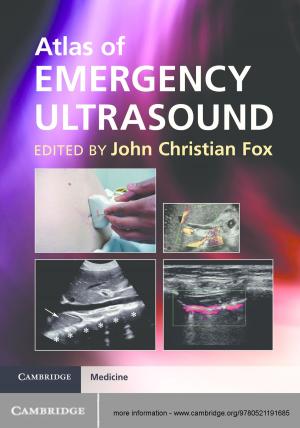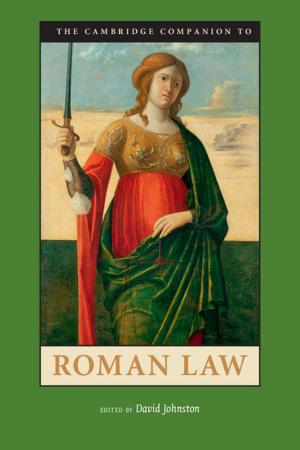Freud in Cambridge
Nonfiction, Science & Nature, Technology, Engineering, Health & Well Being, Psychology, History| Author: | John Forrester, Laura Cameron | ISBN: | 9781316848654 |
| Publisher: | Cambridge University Press | Publication: | March 9, 2017 |
| Imprint: | Cambridge University Press | Language: | English |
| Author: | John Forrester, Laura Cameron |
| ISBN: | 9781316848654 |
| Publisher: | Cambridge University Press |
| Publication: | March 9, 2017 |
| Imprint: | Cambridge University Press |
| Language: | English |
Freud may never have set foot in Cambridge - that hub for the twentieth century's most influential thinkers and scientists - but his intellectual impact there in the years between the two World Wars was immense. This is a story that has long languished untold, buried under different accounts of the dissemination of psychoanalysis. John Forrester and Laura Cameron present a fascinating and deeply textured history of the ways in which a set of Freudian ideas about the workings of the human mind, sexuality and the unconscious affected Cambridge men and women - from A. G. Tansley and W. H. R. Rivers to Bertrand Russell, Bernal, Strachey and Wittgenstein - shaping their thinking across a range of disciplines, from biology to anthropology, and from philosophy to psychology, education and literature. Freud in Cambridge will be welcomed as a major intervention by literary scholars, historians and all readers interested in twentieth-century intellectual and scientific life.
Freud may never have set foot in Cambridge - that hub for the twentieth century's most influential thinkers and scientists - but his intellectual impact there in the years between the two World Wars was immense. This is a story that has long languished untold, buried under different accounts of the dissemination of psychoanalysis. John Forrester and Laura Cameron present a fascinating and deeply textured history of the ways in which a set of Freudian ideas about the workings of the human mind, sexuality and the unconscious affected Cambridge men and women - from A. G. Tansley and W. H. R. Rivers to Bertrand Russell, Bernal, Strachey and Wittgenstein - shaping their thinking across a range of disciplines, from biology to anthropology, and from philosophy to psychology, education and literature. Freud in Cambridge will be welcomed as a major intervention by literary scholars, historians and all readers interested in twentieth-century intellectual and scientific life.
